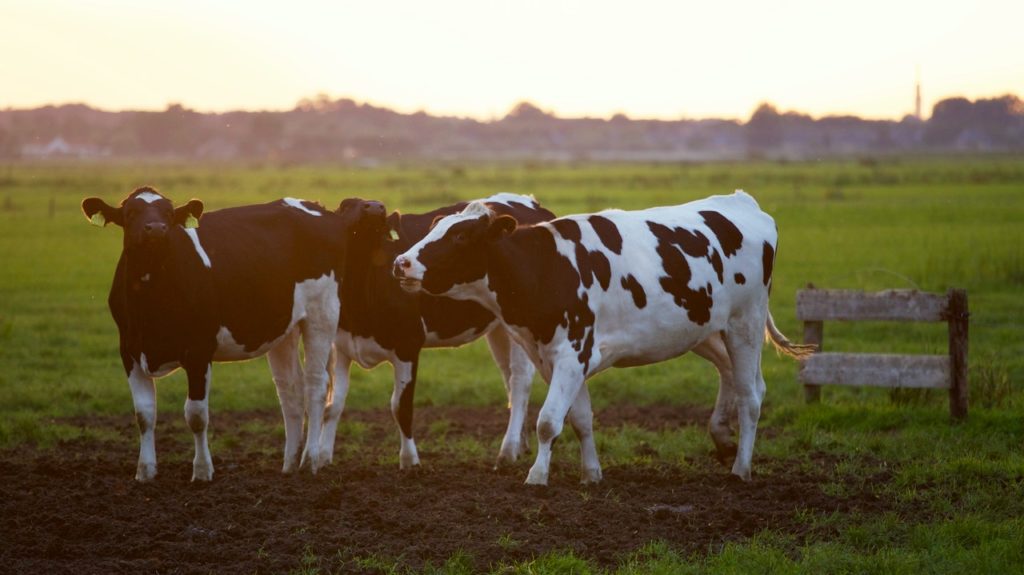With pollution and overpopulation plaguing cities, farm life sounds more appealing indeed. In the country, you’ll get fresher air, be surrounded by nicer people, and be far away from the round-the-clock hustle and bustle of the metropolis. You may also become healthier, because you’ll be harvesting your own food, instead of buying them from fast foods.
But the journey to the farm life isn’t as simple as you think. You can’t just pack up your things and build a farmhouse on the first available agricultural land you’ll see. In reality, you’ll encounter hurdles in the form of budget constraints, zoning regulations, and arduous farmland maintenance.
That said, here are the things to consider before living the farm life:
1. Are You Really Ready to Buy a Farm?
Buying a farmland isn’t so different from buying a home. You can also get a loan for it, undergo the approval process, and pick a property to buy according to your loan’s preapproved rate. Once you gain an idea of the size of the farm you can afford, that’s where things may start to feel tedious because you have to view as many farms as possible. It may be easy to fall in love with the first farm you see, but it doesn’t mean that it’s the best. Hence, it’s wise to bring a neutral party with you as you search, like an experienced farmer or a real estate agent.
But that’s not the toughest challenge yet. As you prepare to buy a farm, you need to evaluate its resources, such as the soil, forages, and how well they have been managed. You should also consider the topography of the land, and find out its soil fertility and health.
Acquiring basic knowledge about farming may help ease your buying journey. But once you finally own a farm, you’ll meet another series of challenges again.
2. Zoning Issues
A real estate agent will also help you find out and understand the zoning issues on a farmland. They’ll help you determine whether you can build a shed or a home on the property.
Zoning issues don’t automatically forbid you from building a farmhouse, though. However, you have to respect the fact that farm animals have as much right on your land as you. This means you have to be comfortable living with cattle, chickens, pigs, or horses. Of course, this won’t be a problem if you own the farm and the animals. But if you’re just building a house next to a farmland, the presence of animals is something you need to be ready for.
3. Building a Home
Farmlands are usually far from city or rural water supplies, so you may need to dig a well. If the groundwater is scarce, you may have to collect rainwater or haul water from someplace else and store it on your property.
You also need to obtain a building permit, which would require the involvement of your local planning department or building inspector. Residential buildings on farmlands may also need additional permitting information, such as erosion control measures, runoff control, and soil tests so that a septic system can be approved.
4. Farmland Maintenance
Once you’ve overcome the obstacles above, it’s now time to handle farmland maintenance. Depending on the size of your land, you may need large equipment such as a Krone lawnmower to keep your planting areas protected.
And if you own equipment and machinery, you have to know how to spot signs of damage in them, so that you can conduct regular maintenance yourself. You should also inspect your fences regularly to ensure that they’re still effective in providing security.
The farm life may not be glamorous and peaceful 24/7, but if you’re down for enhancing your DIY skills, getting closer to nature, and eating cleaner, then it’s definitely a fun life for you.


